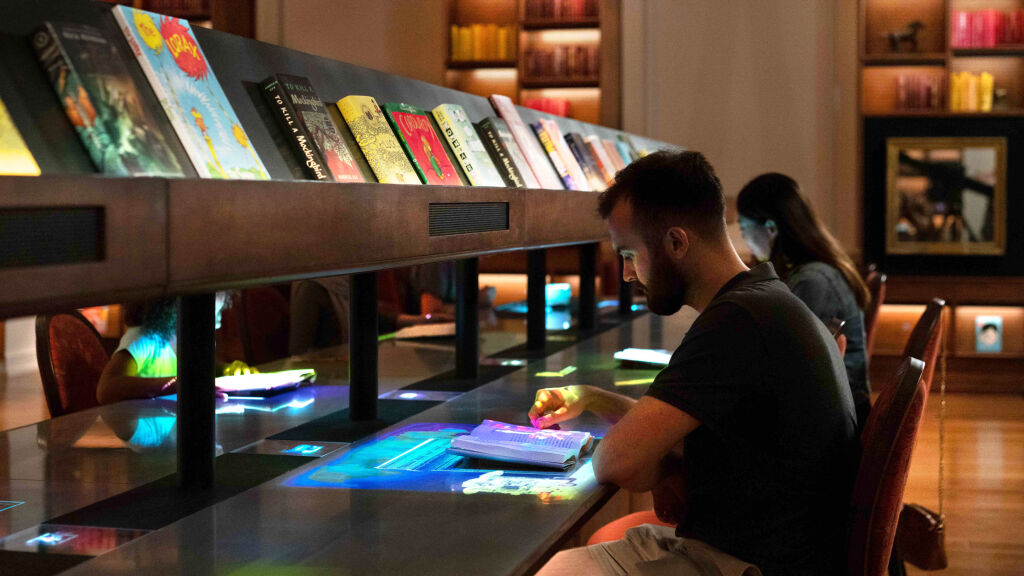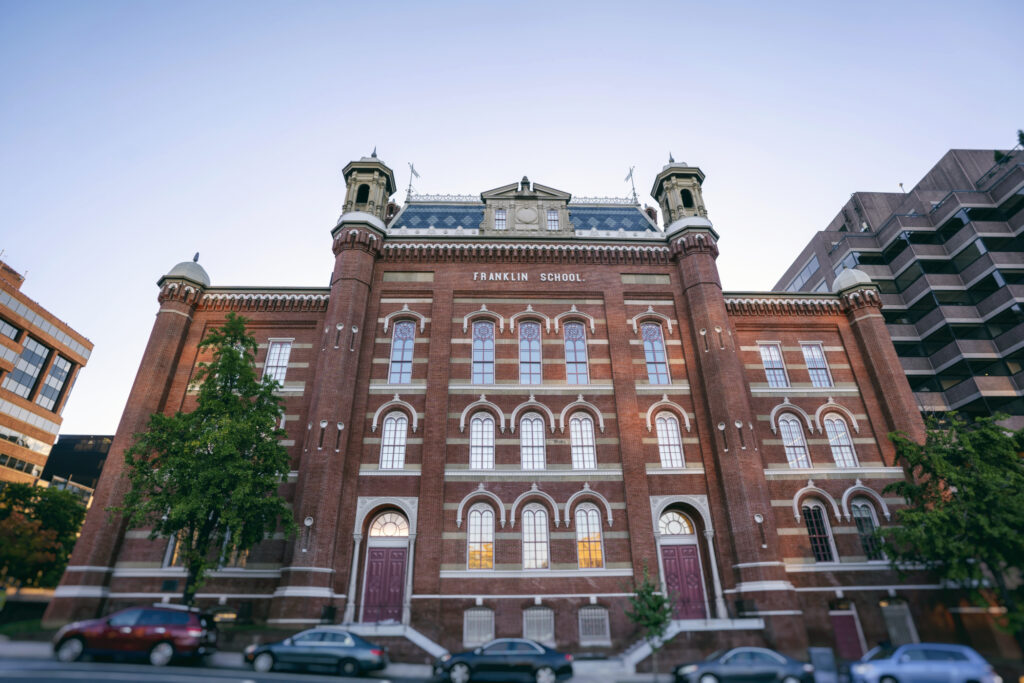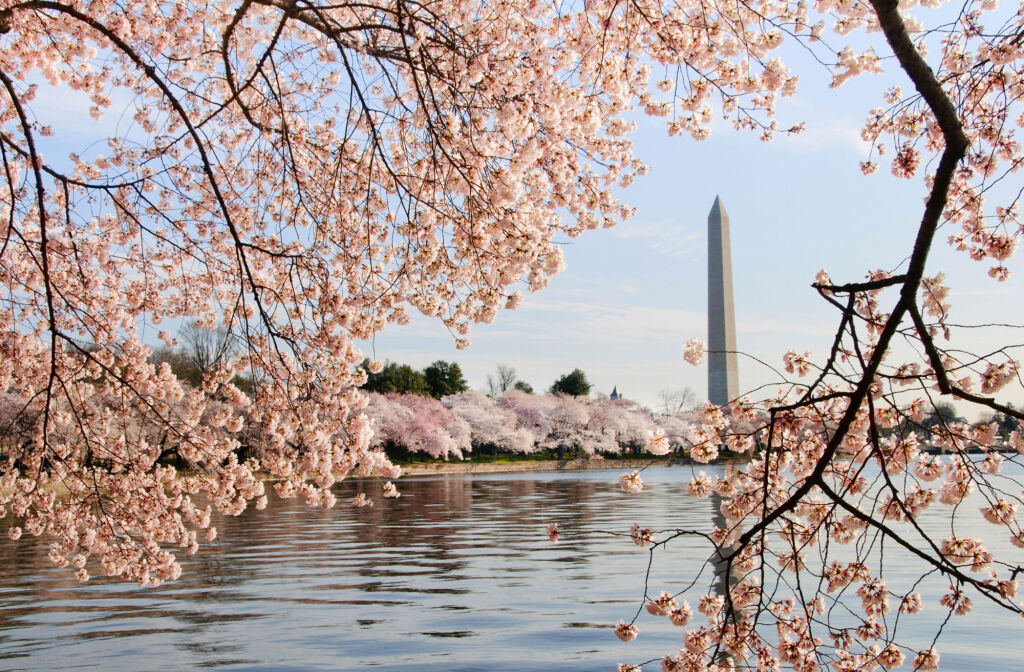Words that Wound
When we started to plan the exhibits we’d have at Planet Word, we always knew that one gallery would be called “Words Matter,” a room where visitors would hear real people tell meaningful, memorable stories about how words had been important in their lives. How words had mattered to them. And we knew that gallery needed to come at the end of their visit to the museum, so they would take the message that words matter out into the wider world.
We made a list of all the types of stories people might possibly tell: On the light side, maybe stories about secret languages between twins, about the silly expressions used by family members, about choosing a pet’s name, about a nickname they adored or abhorred. Or on the serious side: about the difficulties non-native English speakers had when they came to America, about a tourist’s experiences abroad when they didn’t speak the language, about the hurdles people with speech impediments have to overcome, or about the experiences of people who’ve had to endure the taunts of bullies or bigots.
I was sure visitors would want to tell all kinds of word stories in the wake of a visit to Planet Word.
Indeed I was so sure that our visitors — after going through the entire museum and thinking deeply about words in all different contexts — would want to tell their own word stories that we designed the entire Words Matter gallery around a recording booth where visitors could come in, record their story, and send a link to themselves for posterity or perhaps to share with family.
And this was the essence of the Diller-Von Furstenberg Words Matter Gallery when it opened last October. Right away people started telling their stories and listening to those of others.
But because of the increasing instances of hurtful words that have occurred during the last four years of the Trump administration — and are continuing now in the instance of hate speech directed at Asian Americans — it became obvious to us that Planet Word needed to take a stronger, more straightforward stance on words used to harm. Thus was born our exhibit, soon to be completed and installed, called “Words that Wound.” Responding to questions, visitors will be introduced to this volatile and, unfortunately, all-too-timely subject by exploring the concepts of slurs, intent and impact, what the First Amendment says about freedom of speech, and the relationship between hate speech and hate crimes.
We hope that when visitors leave Planet Word after visiting the Words Matter gallery and the Words that Wound exhibit, they’ll have gained heightened empathy for people of all cultures, ethnicities, races, and language backgrounds and will leave with a new understanding of how words matter. We recommend some simple actions (suggested by the Southern Poverty Law Center) for people to take when they hear hate speech:
- Interrupt: Speak up against hate speech every time you encounter it
- Question: Ask the speaker why they made that remark and what they intended
- Educate: If their intentions weren’t to harm someone, let them know why what they said was hurtful
- Echo: If someone else is speaking up against hate speech, join them
We think it’s important to share those four strategies today, even before we reopen and have our new exhibit up and running, because we all need to do what we can to guard against the intolerable use of words to wound — words that can lead, as they have in the past, to hate crimes and deadly violence.
As those instances are rising all around us, this is not the time for silence.
We all must ask ourselves: How will we choose to use our words?
—Ann Friedman, founder, Planet Word



